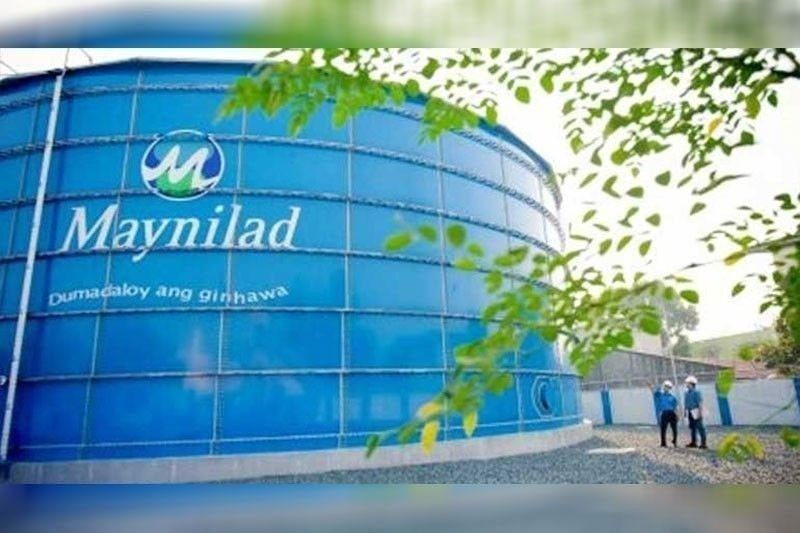The Philippines, once Asia's dominant banana exporter, is steadily losing its competitive edge to Vietnam and Cambodia, struggling under the weight of high tariffs, expensive production, and insufficient government backing. Stephen Antig, executive director of the Philippine Banana Growers and Exporters Association (PBGEA), highlighted this concerning trend in a recent interview, noting a decline in the country’s global export share from 13.9 percent in 2019 to just 8.1 percent in 2024. "That’s quite alarming because our competitors have increasingly captured a big portion of the market," he said.
Bananas remain a key agricultural export for the Philippines, but trade figures reveal a notable downturn. In 2024, the country exported $1.23 billion worth of bananas, a significant drop from the $1.9 billion peak recorded in 2019, according to data from the International Trade Centre. Export volume also fell to 2.3 million metric tons last year from 2.4 million in 2023, relegating the Philippines to third place in global banana exports.
Meanwhile, neighboring countries have expanded their production aggressively. Antig explained that regional competitors benefit from lower production costs and more favorable trade agreements. Japan, a longstanding buyer of Philippine bananas, applies seasonal tariffs of 8 percent during summer and 18 percent in winter. In contrast, Vietnam faces only 5.4 percent and 6.8 percent tariffs, with most Southeast Asian exporters expected to enjoy zero tariffs by 2028 — a status the Philippines has yet to secure.
"If one kilo of bananas costs a dollar, the tariff from the Philippines adds 13 cents compared to only six cents for Vietnam," Antig said. "Importers will definitely choose Vietnam bananas because they want to save on duties. How can you compete if ours will still be at 8 and 18 percent when they are already zero?"
Additionally, Philippine farmers grapple with production expenses as much as 40 percent higher than those of their counterparts in Vietnam or Cambodia. Challenges include disease management, climate-related disruptions, and adherence to international food safety standards. "The bigger you are, the more profitable you will be, because most of the costs involved are fixed," Antig noted. "But competition has forced many small growers out."
Access to financing remains a critical obstacle. Antig pointed out that banks often decline credit to banana farmers, opting to pay penalties rather than comply with agriculture lending laws. He urged the government to establish lending programs with lower interest rates to support small farmers.
The outbreak of Fusarium wilt, also known as Panama disease, has devastated over 18,000 hectares of banana plantations. While larger farms are adopting advanced technologies like precision agriculture and artificial intelligence to combat the disease and develop resistant varieties, smaller growers frequently lack access to these innovations.
Antig acknowledged recent Department of Agriculture initiatives that provide training on good agricultural practices, which may help small farmers adopt more science-based approaches. "But the private sector cannot do it alone," he emphasized.
The PBGEA is also advocating for stronger trade policies, including the Philippines' inclusion in the Comprehensive and Progressive Agreement for Trans-Pacific Partnership (CPTPP). Antig expressed optimism about the pending application, stating, "If accepted, it could eliminate tariffs on Philippine bananas in Japan. Our application is already submitted, and hopefully it will be taken up this November."
Once the preferred banana supplier for much of Asia, the Philippines now faces the risk of losing its longstanding leadership position. Without comprehensive tariff relief and enhanced governmental support, the industry may struggle to regain its footing. "If we can really level the playing field by eliminating tariffs globally, that will be the biggest opportunity," Antig concluded. When asked if bananas could still emerge as the country’s next top export, he affirmed, "Yes."
Recommended For You

Maynilad Schedules October 30 IPO After Market-Driven Delay
Sep 19, 2025
Christine Reyes

Global Volleyball Stars Gear Up for FIVB Men’s World Championship in the Philippines
Sep 19, 2025
Christine Reyes

DILG Refutes Claims Linking Gen. Nicolas Torre's Dismissal to Firearms Purchase Dispute
Sep 19, 2025
Sofia Lim

Bicol Theater Groups Highlight LGBTQ+ Issues at Tanghal Lusong 2025
Sep 19, 2025
Miguel Tan
